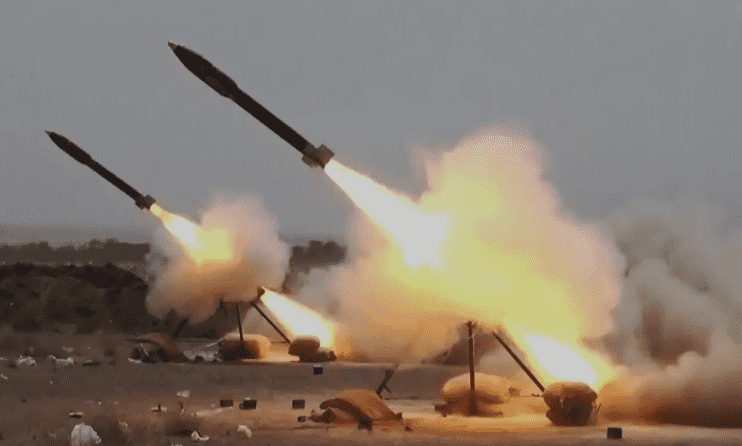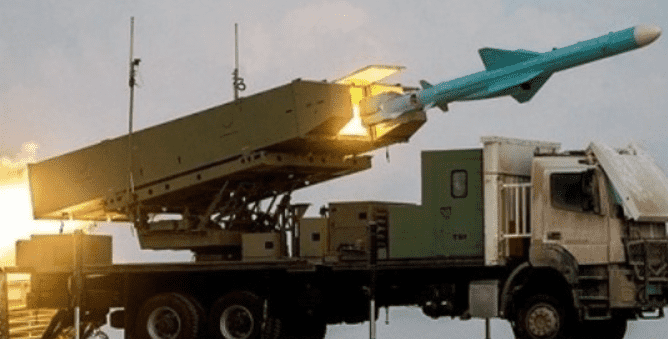Once more, the world media is buzzing about the Houthis. This armed faction from Yemen has been brought into the limelight for its rising power and international behavior. Canadians keeping abreast with world affairs should consider the issue, for recent Houthi strikes have repercussions on trade routes, energy markets, and international security.
This group of armed men, the Houthis or Anhkar Allah, control large swathes of territory in Yemen, and beyond this, their presence near the Red Sea, one of the busiest shipping routes in the world, extends their influence farther. As tension escalates, their actions now affect regional stability as well as the global economy.
Latest Houthi News and Updates
UN Staff Detained in Yemen
The latest Houthi news concerns the detention of yet more UN staff in Yemen. In fact, it can be said that more than 50 UN staff members have been detained since 2021. The United Nations has condemned the detention, stating that it prevents critical humanitarian aid in Yemen.
“The Houthis explain the arrest as one among many measures touted against foreign interference.” Nevertheless, international observers consider that it is an attempt to gain political leverage. Such a crackdown has hampered aid workers from securing assistance for millions of worthy suffering in the war-torn Yemen.
Houthi Missile Attack on Cargo Ship
Houthi fighters also claimed responsibility for a missile strike on the Dutch cargo ship Minervagracht, causing the fire on the vessel and injuring two crew members on the port side. The Netherlands has urged the European Union to classify the group as a terrorist organization, akin to Canada and the United States.
Such attacks on shipping are not incidental; they threaten global trade and increase the cost of shipping goods to Canadian ports.
Houthis Ballistic Missiles
The Houthis ballistic missile program is a most alarming facet of any given conflict. Recently, Israel intercepted a missile launched by the Houthis towards Jerusalem. It is reported that cluster munitions were contained in this missile, which would cause much higher destruction.
The Houthis declared that the strike was in support of the Palestinians and as retaliation for an Israeli military operation. Since then, Israel has carried out more airstrikes on Houthi-held territory. Moreover, these exchanges show how far the Houthis’ missile range has extended and how dangerously powerful their weapons have become.
Economic and Political Actions
In another ill-conceived move, the Houthi leadership recently imposed sanctions on 13 major oil companies in the US, including Chevron and ExxonMobil. The group stated that this was in response to US sanctions imposed on them earlier this year.
Motivated mostly as a symbolic measure to demonstrate strength, experts stated, rather than to inflict economic damage. It also underlines the fact that the Houthis have, in growing measure, felt an urge to behave as a national government rather than remain a mere militant group.

Why Canada Should Pay Attention
Canada’s Position
The Houthis are, in fact, designated by Canada as a terrorist organization. Consequently, this designation allows the Canadian government to freeze assets, prohibit funding, and moreover, take any necessary action to stop financial support to the group.
Here in Canada, this is important because any disruption in the Red Sea relates to trade routes that affect global supply chains: with shipping costs on the rise and delivery times prolonged, prices for imported goods would consequently be increased–be they fuels or food products.
Global Trade Risks
Attacks by Houthis against ships passing through the Red Sea have constrained companies from using the area. Ship routes are now longer as they circumvent Africa, increasing delivery times and fuel costs.
These changes affect international trade and cause worldwide price increases, including those experienced in Canada. Import-aggravating factors now include higher rates of shipping insurance along with lengthier delivery periods.
Regional Power and Influence
The Houthis, moreover, belong to a greater regional network supported by Iran. In fact, they form the main component of what analysts call the ‘axis of resistance,’ which also includes groups in Iraq, Syria, and Lebanon.
Their ability to launch missiles and drones shows what sort of military technology they have acquired. This could be a game-changer, paving the way to more conflicts in the Middle East and potentially drawing countries with global trade and diplomatic ties into the conflict, among them Canada.
The Military Power of the Houthis
It appears the Houthis have commenced making their own weapon systems. They still rely heavily on Iran’s support, but use some level of production for their drones and missiles.
With the increase in missile and drone attacks, have the Houthis perfected their technology? Such weapons now go up to hundreds of kilometers, sometimes hitting targets inside Israel and the Red Sea.
Attacks such as these jeopardize not only regional security but also the world’s energy and commerce routes. So in response, international coalitions take even stronger measures to stop missile launches and safeguard such vital waterways.
Humanitarian Impact
The ongoing conflict in Yemen has caused the worst humanitarian crisis on Earth. Millions need help with food, water, and medicine. With restrictions faced by aid agencies imposed mainly by the Houthis and other fighting parties, it is getting worse.
The detention of United Nations officials and the continued fighting do not allow relief agencies to function safely and guarantee that food insecurity and outbreaks of disease rise in Yemen.
What is Next for the Houthis?
Escalation or Peace?
The conflict continues to test international patience with missile and maritime activities as well as political maneuvers. Whether the conflict rises in intensity or leans towards peace remains in the hands of external influence from the United States, Saudi Arabia, and Iran.
Retaliation and Airstrikes
The Houthis have become the subject of airstrikes by Israel and Saudi Arabia. In recent months, missile bases and command centers in Sanaa and Hodeida have been destroyed in these attacks.
Earlier this year, Israel carried out strikes that killed several high-ranking officials of the Houthi-installed government. The Houthis say they will exact revenge and go on the offensive with more joint attacks by sea in the Red Sea and toward Israel.
Looking Ahead
Houthi news continues to drift fast. The military prowess of the faction, along with its command over strategic shipping lanes, classifies it as an international threat. For Canadians, it translates to keeping an eye on how these conflicts affect global fuel prices, shipping routes, and international relations.
The responsibilities of the Houthis in Yemen no longer stand limited to a local uprising. They are now forming world events via military power, political structure, and economic disruption.
Conclusion
With political maneuvers, Houthis ballistic missile strikes, and maritime attacks, the Houthis have grown into one of the most influential and unpredictable groups in the Middle East.
For Canada, following the news related to the Houthis adds to understanding global threats that affect energy prices, trade security, and foreign policy. Therefore, with the ongoing fighting in Houthis Yemen, the world will keep a close watch on how this group crafts the next paradigm of regional and international stability.




